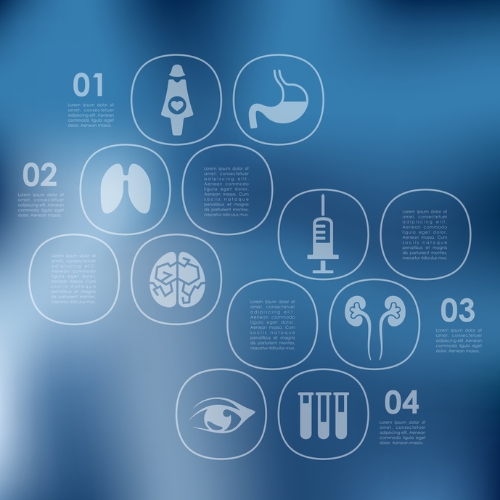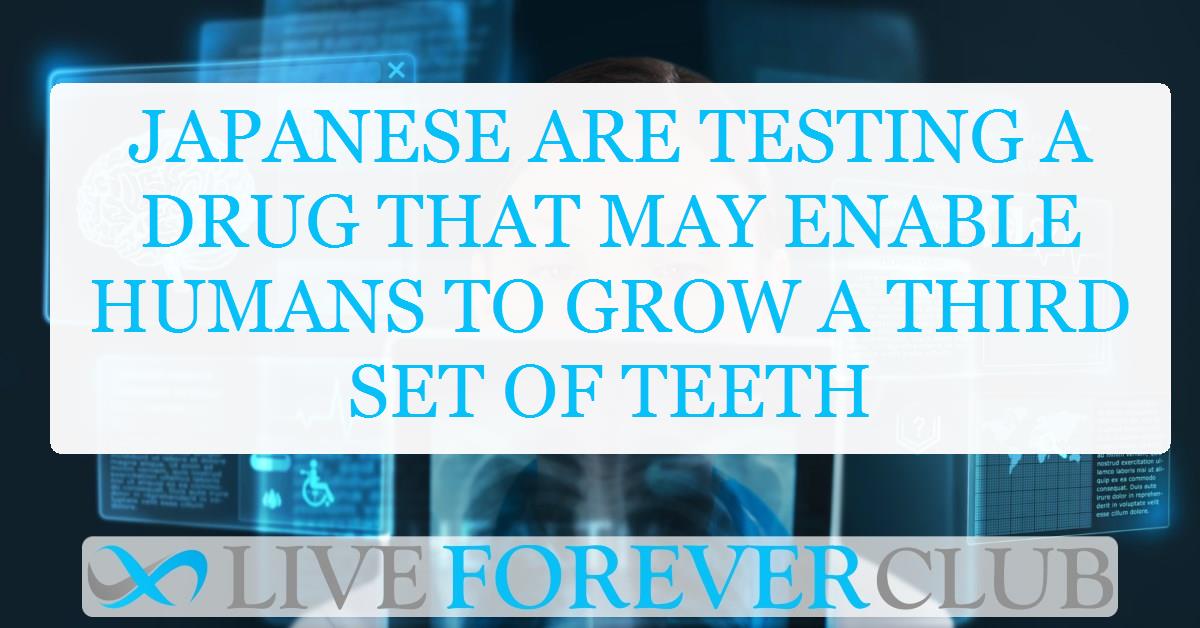Key points from article :
Imagine a world where dentures and implants are no longer necessary. Japanese dentists are testing a groundbreaking drug that could make this a reality, enabling people with missing teeth to grow new ones. This pioneering approach could offer a natural alternative to costly and invasive prosthetic treatments.
While reptiles and fish routinely replace their teeth, humans and most mammals grow only two sets. However, Katsu Takahashi, head of oral surgery at the Medical Research Institute Kitano Hospital in Osaka, suggests that a third set of dormant tooth buds lies hidden beneath our gums. “It’s a technology completely new to the world,” Takahashi told AFP.
In October, Takahashi’s team began clinical trials at Kyoto University Hospital. They are administering an experimental drug that aims to stimulate the growth of these concealed teeth by blocking a protein called USAG-1. Previous tests on mice and ferrets have shown promising results, with lab photographs capturing regrown teeth in animals. “Our antibody treatment in mice is effective for tooth regeneration and can be a breakthrough in treating tooth anomalies in humans,” the team stated in a study published last year.
Currently, the research prioritizes patients with severe congenital conditions, such as missing six or more permanent teeth from birth. This hereditary condition affects about 0.1% of the population and often leads to significant challenges in chewing and self-esteem, especially among adolescents in Japan. “This drug could be a game-changer for them,” Takahashi said, noting plans to make the drug available by 2030.
The potential applications extend beyond congenital disorders. If successful, the drug could address acquired tooth loss in healthy adults, a major concern in aging populations like Japan, where over 90% of people aged 75 or older have at least one missing tooth. “Expectations are high that our technology can directly extend their healthy life expectancy,” Takahashi added.
Experts in dentistry and immunotechnology are optimistic but cautious. Experts emphasized the groundbreaking yet controversial nature of the claim that humans possess latent tooth buds capable of producing a third set of teeth. However, they warned that animal experiment results might not always translate directly to humans.
Takahashi’s confidence in controlling the location of new teeth through injection sites adds further promise to this development. Even if a tooth grows in the wrong place, it could be corrected through orthodontics or transplantation. And while the current trial focuses on safety rather than effectiveness, there is a slim chance that regeneration could occur among participants who have lost teeth.
“I would be over the Moon if that happens,” Takahashi said.
This pioneering research marks the beginning of a new era in dentistry. If successful, it could revolutionize the way we address tooth loss, offering a natural and functional solution to millions worldwide.





